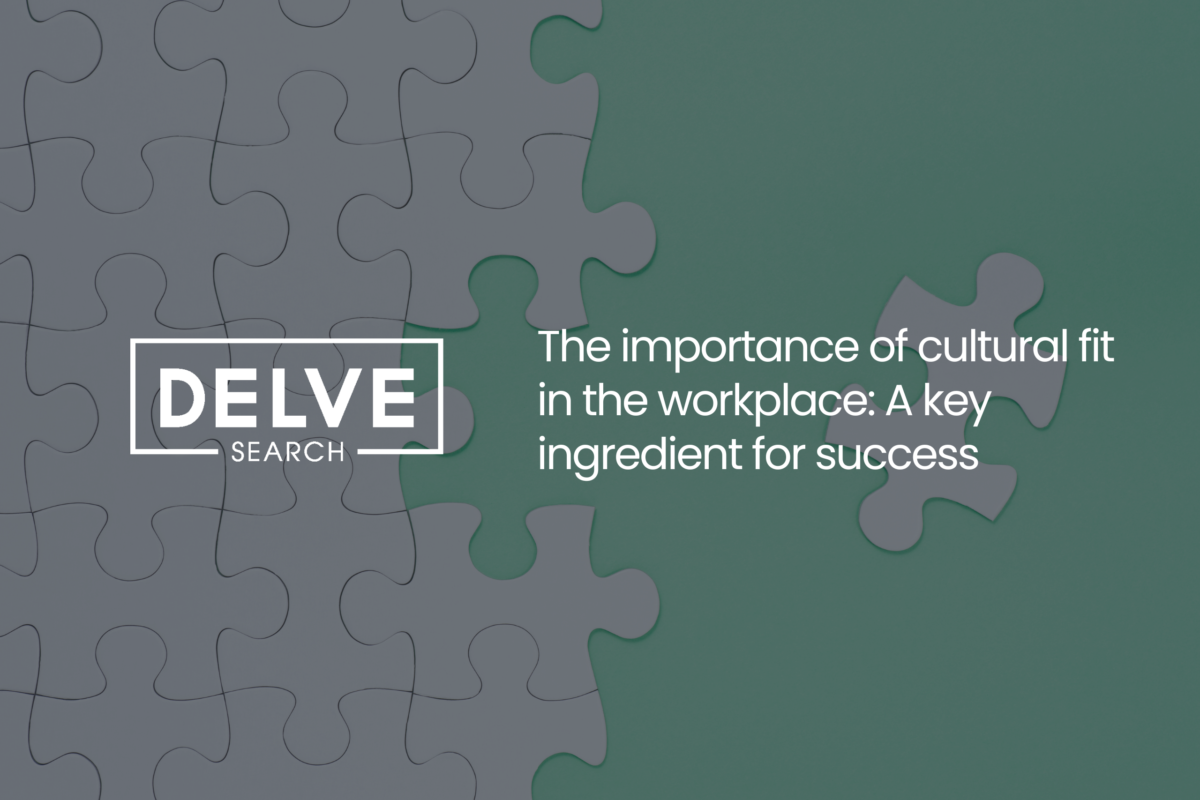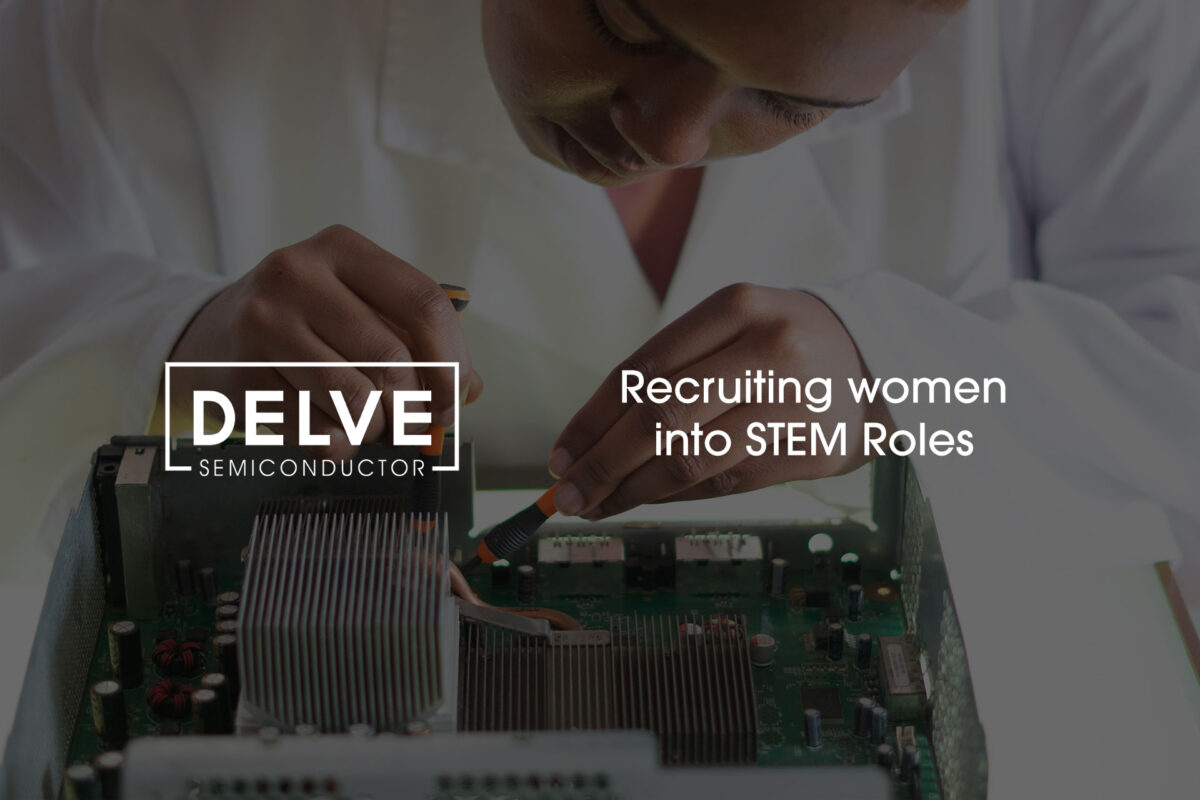Golden rules for a timely recruitment process
Time kills deals when hiring, always has and always will. Check out my golden rules for a timely recruitment process…
No matter how attractive your job/business is, taking longer unnecessarily will lower your chances of hiring the best person.
1. Plan and stick to your process where possible
It’s easy to go rogue (I’ve done it in my own hiring where I get excited) but the best hiring is often from consistent processes. Different hires may require a different approach but the structure of the process does not change. If you have a consistent process you can then communicate bottle necks early which is imperative. See no.2…
2. No surprises
Candidates will become disengaged if they feel you have moved the goal posts. There are things in your process which can delay or not be ideal but people are generally far more understanding if you tell them from the start. Otherwise as humans we do like to ‘throw our toys out of the pram’ over sometimes trivial changes.
3. Be clear on what you want
Sounds simple but even if you don’t know the exact role, be clear on what the values, behavioural, and personal fit should be. Don’t compromise on this. If you are not clear nobody can make a decision.
4. Prompt feedback
We as recruiters get it in the neck but often its feedback from the clients that’s missing. If someone has taken the time to interview we should always feedback. If you give prompt feedback the candidate will likely do this too. It’s contagious.
5. Prompt decision making
Your benchmark is your recruitment policy – once you have the right person don’t wait. Benchmarking against other candidates isn’t always possible. If they are not right move on, quick.
6. Once you’ve made the decision be quick to close the offer and contract
The peak of interest is at the point of offer. The longer it takes to confirm the deal the more interest can drop and competition comes into play…
If you need advise around hiring, don’t hesitate to reach out..
Rob Bemment
Email: rob.bemment@delverec.com
Tel:+44 (0)1606 664 198
Share This Blog
Recent Articles

Technical vs. Leadership career paths

The hidden engine of Germany’s innovation: Why the future of engineering relies on a proactive approach

Networking Tips for Semiconductor Professionals in Europe

Key workforce challenges in the Advanced Engineering sector

Breaking into the Semiconductor Industry: Tips for engineering graduates











